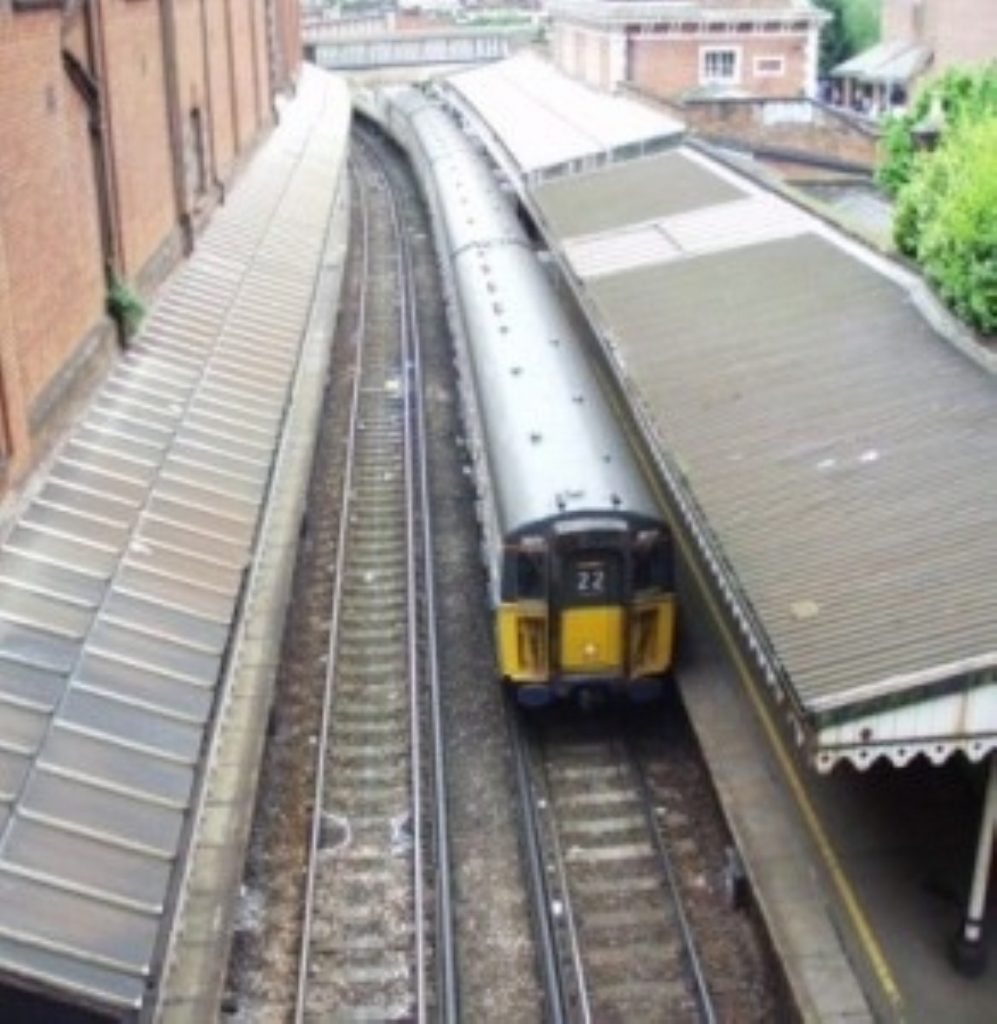Network Rail announces £290m loss
The company which took over the running of the rail infrastructure has unveiled a pre-tax loss of £290 million in its first six months.
Network Rail announced that in its first six months it made a pre-tax loss of £290 million compared to a profit of £295 million in 2001-02 by its predecessor Railtrack.
Network Rail announced that its debts have ballooned from £6.3 billion under Railtrack to £9.4 billion.
But it also pointed out that it has embarked on a significant programme to improve the rail network’s performance and infrastructure. Maintenance spending has increased 33% from £0.9 billion to £1.2 billion.


The investment has led to temporary speed restrictions being reduced by 28% at 537 from 750 and the number of broken rails being reduced by 17% at 445 from 534, the lowest ever recorded. The number of signals passed at danger (SPADs) was down 7% at 405 from 434 with severe SPADs being reduced by 14%.
Network Rail argued that the investment was beginning to pay off but warned that ‘sustained improvement in the performance of the rail network will take several years’ – according to Network Rail’s chairman, Ian McAllister.
Mr McAllister commented, “We are being realistic about the challenges we face. Substantial growth on the network allied to a history of under investment has left us with a fragile network which is expensive to put right. Improving performance and reducing total cost must be our focus but we must also work with our contractors to make up the significant backlog in renewals.
“Our focus is now on the future and the need to make progress on the delivery of a safe and reliable rail infrastructure at an affordable cost. Sustained improvement of the rail network will take several years and the first steps have been taken. We now have clear plans and know the direction that we must take.”
Network Rail announced that the Train Protection and Warning System (TPWS) had been installed at 96% of signals. The company stated that the project was on time and on budget, and was now delivering 90% of its safety benefits.
However, the significant investment in the rail network meant that the number of delays caused by Network Rail increased by 9% to 14.7 million minutes from 13.4 million.
Don Foster MP, Liberal Democrat transport spokesman, said that with more staff, more managers and more being spent on contractors and sub-contractors on our railways it was “hardly surprising” that Network Rail had posted its loss.
“Astonishingly, it costs four times as much to build a lift shaft at a station than anywhere else”, he maintained. “The challenge for Network Rail is to tackle these extraordinary costs and make running a railway cost effective”.

